Mental health matters
A serious accident commonly takes a toll on the body and mind. Seek help so you can begin to feel better sooner. Here are some common issues our clients face:
Depression. If your life circumstances have changed significantly, you may feel deep despair and hopelessness. If this lasts a long time and you find yourself losing interest in things you used to enjoy, ask your doctor.
- Sleeping too much or too little. The right amount of sleep is critical to your recovery. If you find yourself consistently sleeping too much or struggling to sleep enough, consult a doctor.
- Changes in eating habits. Similar to sleep, eating enough healthy foods is important to your health, but sometimes can shift after an accident throws your life out of balance. If your eating habits have changed, talk to a doctor to identify the underlying issue.
- Loneliness. Feeling lonely is very common right now during a pandemic, but when you’re recovering from an injury, you can feel even more isolated from social connections. You may feel that others do not understand your situation or abilities. Talk to your health professionals to see how you can find connection in a safe, fulfilling way.
- Forgetting things. Feeling distracted and forgetting things is understandable after an accident, when suddenly you may have more appointments and changes in your lifestyle. Our legal team is here to help keep your recovery process organized. But if you feel that you are experiencing more significant memory loss or brain fog, it can be a sign of something else. Talk with your doctor.
- Mood swings. After an accident you may find that sometimes you lash out and get angry suddenly, while other times you may feel suddenly sad, and still other times you feel emotionally fine. Talk with a doctor to see what can be causing these mood swings and how you can manage them.


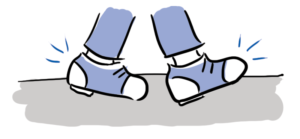
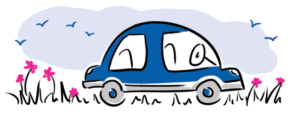
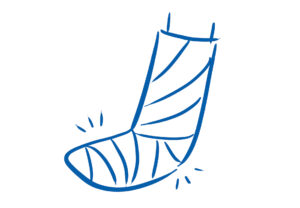
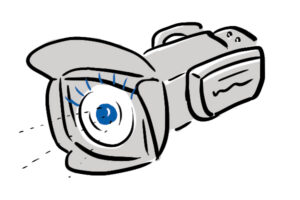


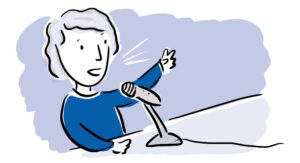
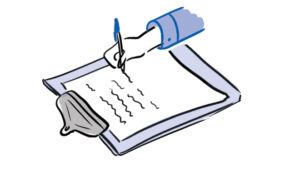


 Auger Hollingsworth Personal Injury Lawyers represents injured people
across Ontario. Note: This website provides information but not legal advice.
Contact a lawyer for legal advice about your case. Every case is different.
Auger Hollingsworth Personal Injury Lawyers represents injured people
across Ontario. Note: This website provides information but not legal advice.
Contact a lawyer for legal advice about your case. Every case is different.